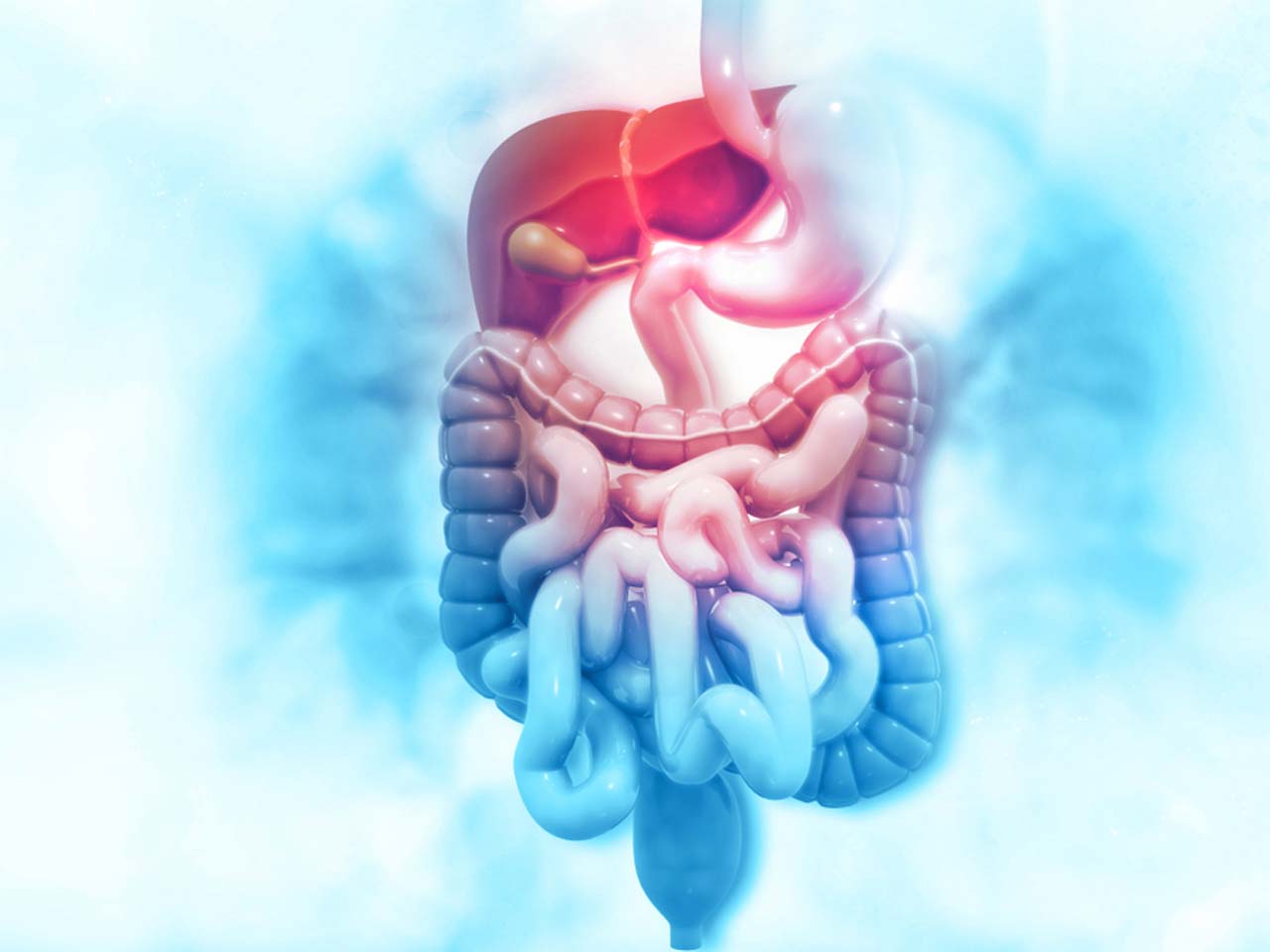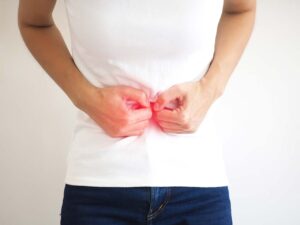Introduction
Neurogenic bowel is caused by weakened anorectal and gastrointestinal function due to a biological deterioration or a lesion in the nervous system. In simpler words, that means the brain-to-bowel connection is damaged. While neurogenic bowel can be seen in patients with amyotrophic lateral sclerosis, brain injury, diabetes mellitus, multiple sclerosis, spina bifida, and Parkinson’s disease, it is most often seen in patients with spinal cord injury. See referenced research.
Research shows that over 80% of spinal cord injury patients have some degree of bowel dysfunction and that 95% of patients with spinal cord injury required at least one procedure to relieve the stool buildup. Both constipation and incontinence are often observed in patients with neurogenic bowel dysfunction. Patients with reflexic bowel often experience constipation, while patients with areflexic bowel more often experience incontinence. It is recommended to perform bowel care 1-3 days for both reflexic bowel or areflexic bowel to address constipation and incontinence, respectively. Below, we highlight the use of oral laxatives, prokinetic drugs, and pulsed irrigation evacuation (PIE) as potential management options. Research highlights pulsed irrigation evacuation as the safest and most reliable form of long-term neurogenic bowel dysfunction management. See referenced research.
Treatment Options
Oral Medication for Neurogenic Bowel Dysfunction
Research supporting oral medication like oral laxatives to treat neurogenic bowel is scarce. While oral laxatives are typically the first treatment option for constipation, there is not any research regarding the use of laxatives like Miralax, Colace, Lactulose, Dulcolax, ExLax, or others to manage neurogenic bowel dysfunction. Additionally, there is no evidence to support the use of one of these medications over alternatives. This makes oral medication an untested and possibly unreliable type of bowel care management for neurogenic bowel. See referenced research.
Prokinetic Drugs for Neurogenic Bowel Dysfunction
Prokinetic drugs like prucalopride, metoclopramide, and neostigmine are used to activate the muscles of the GI tract. Research has shown that metoclopramide or neostigmine may be effective for single-time bowel cleansing and preparation. This one-time use case may be prior to a colonoscopy. No research has been conducted to explore how the long and short-term effects of these drugs for ongoing neurogenic bowel management. See referenced research.
There has been one study that sought to understand if prucalopride may treat neurogenic bowel after spinal cord injury. This study lacked confidence intervals and formal statistics, limiting the generalizability and legitimacy of the study. Additionally, up to 50% of the patients in various groups of the study withdrew from the study. These outcomes diminish the ability to conclusive state that prokinetic drugs are effective for long-term bowel management with patients with neurogenic bowel. See referenced research.
Pulsed Irrigation Evacuation (PIE) for Neurogenic Bowel Dysfunction
Pulsed Irrigation Evacuation is the best and most reliable bowel management solution. PIE MED is often recommended when other bowel management approaches have failed and is strongly preferred over surgical options like a colostomy whenever possible.
In neurogenic bowel studies, pulsed irrigation evacuation successfully removed stool for 98% of individuals who used it for ineffective bowel routine, symptomatic impaction, or asymptomatic impaction. Additionally, studies have shown that pulsed irrigation evacuation is not disruptive to other ongoing rehabilitation programs that patients may be enrolled in. Apart from the physical relief that patients with neurogenic bowel feel due to the PIE MED machine, patients have also expressed greater confidence and comfort in a bowel program when they know they have pulsed irrigation evacuation available if the bowel normal regimen is not effective. This confidence shows the trust patients have in PIE MED for managing and treating neurogenic bowel dysfunction. See referenced research.
A long-term safety study on pulsed irrigation evacuation at the Cleveland Clinic showed that patients that used PIE on average of 3.5 times per week for an average of 6.7 years had no abnormalities or damage to their colon. The study also showed that patients with fecal impactions due to neurogenic bowel dysfunction experienced little to no bowel discomfort after starting the PIE MED therapy. See referenced research.
Want to see if you qualify for the PIE Device? Fill out this quick 5-question form to see if you are a good fit to manage your neurogenic bowel with the PIE Device.





